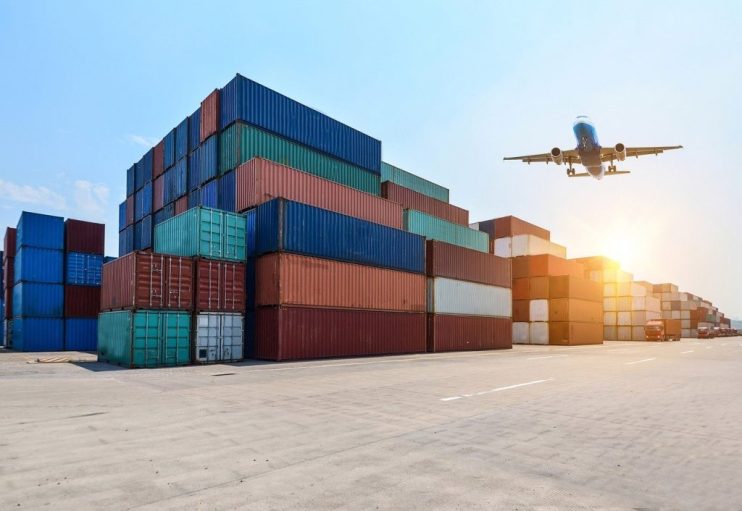Airspace closures hit air cargo operations leading to more supply chain issues

The Ukrainian conflict has hit air cargo operations worldwide, creating even more supply chain issues, analysts and companies said.
Following the EU’s decision to close its airspace to Russian aircraft and the Kremlin’s retaliation, both passenger and cargo routes have been severely disrupted.
Some of the biggest airlines in Europe – including Lufthansa, Air France-KLM and Virgin Atlantic – have halted operations.
Air France-KLM ceased to accept bookings from east Asian markets such as China and Korea as well as Russia and Ukraine, while Virgin Atlantic cargo flights were suspended between Heathrow and Shanghai.
Pure cargo airlines like Luxembourg’s Cargolux and Russia’s AirBridgeCargo Airlines, who moves around 4 per cent of global air cargo between Europe and Asia, were also forced to stop operations.
“The flights become more expensive due to the longer routes,” Stefan Maichl, analyst at German bank Landesbank Baden-Wuerttemberg, told Reuters. “With more kerosene on board, the cargo capacity decreases. Freight rates could increase further as a result. “
As the ban hindered both cargo and passenger operations, shares kept on dropping, with Air France-KLM going down 5.16 per cent today while Lufthansa registered a 6.90 per cent slump.
Commenting on the situation, aviation analyst Alex Macheras said: “While only 3 per cent of total cargo volume travels by air each year, that small amount accounts for approximately 35% of total cargo value.”
“Ukraine has for decades made use of the AN-225 – the world’s largest aircraft – which uniquely has a maximum payload of 250 tonnes and can load single pieces weighing up to 200 tonnes.
“With questions over the fate of the jet, and airspace restrictions impacting airlines globally, we’re going to see the prices tick in an upwards trend as the impact trickles down – especially when combined with the high oil price.”
Ukrainian sources reported on Sunday that the world’s biggest cargo plane – Antonov’s An-225 Mriya – had been hit during a Russian air strike, City A.M. reported.
Logistics giants such as Maersk, UPS and MSC have grown increasingly concerned about the conflict’s supply chain repercussion. After temporarily halting all operations, Maersk said delays and detention of cargo have grown more frequent.
“It is key for Maersk that we minimise supply chain disruption and do not add to the global congestion in ports and depots,” the company said in a statement. “For cargo already underway and bookings placed before this suspension was announced, we will do our utmost to deliver it to its intended destination.
““However, please expect significant delays as countries such as the Netherlands, Belgium and Germany are holding back vessels en route to Russia in search of restricted commodities, primarily dual-use items.”